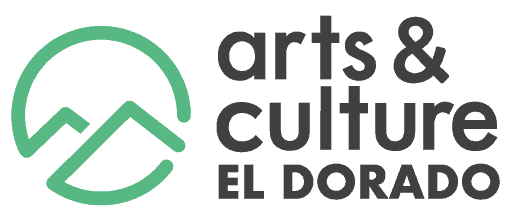Brian Hayes & Sarah Murray
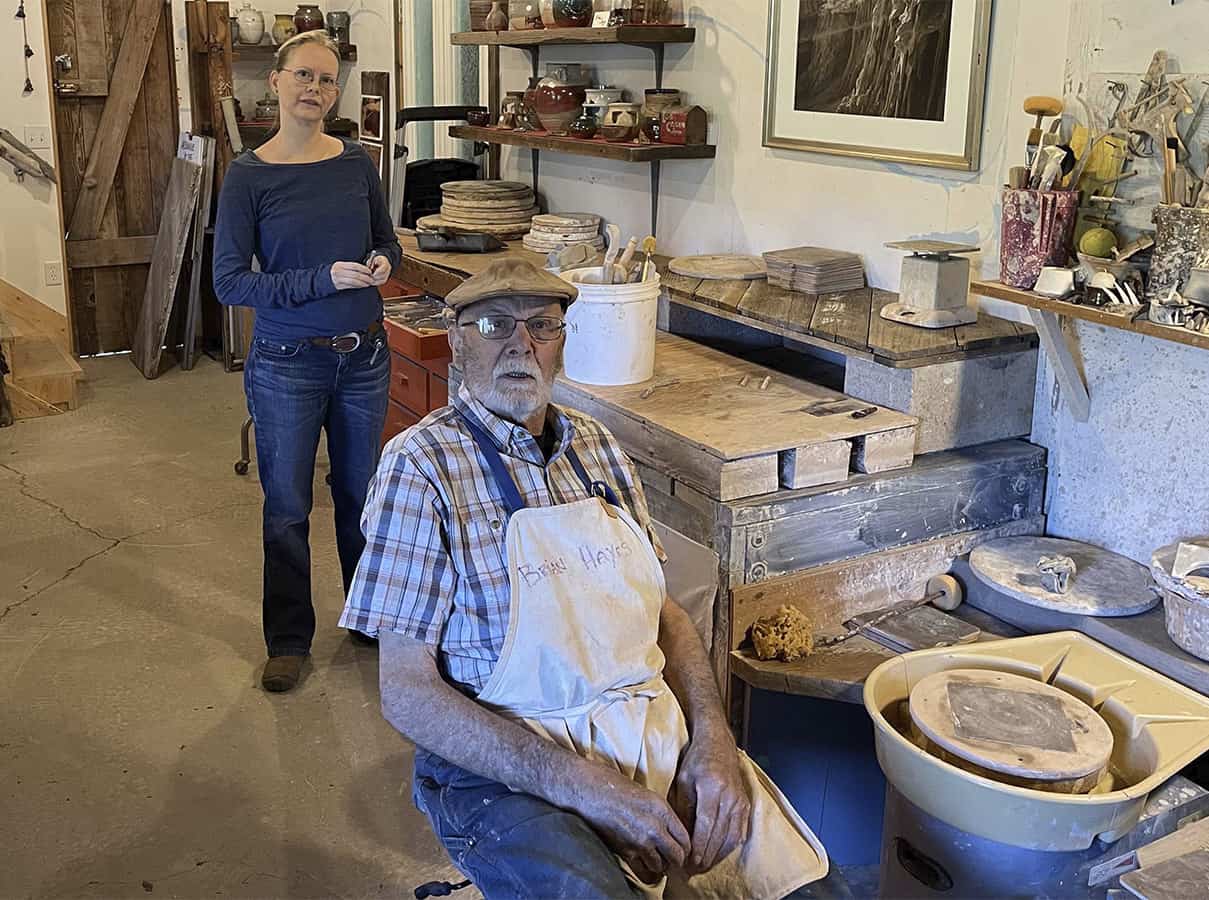
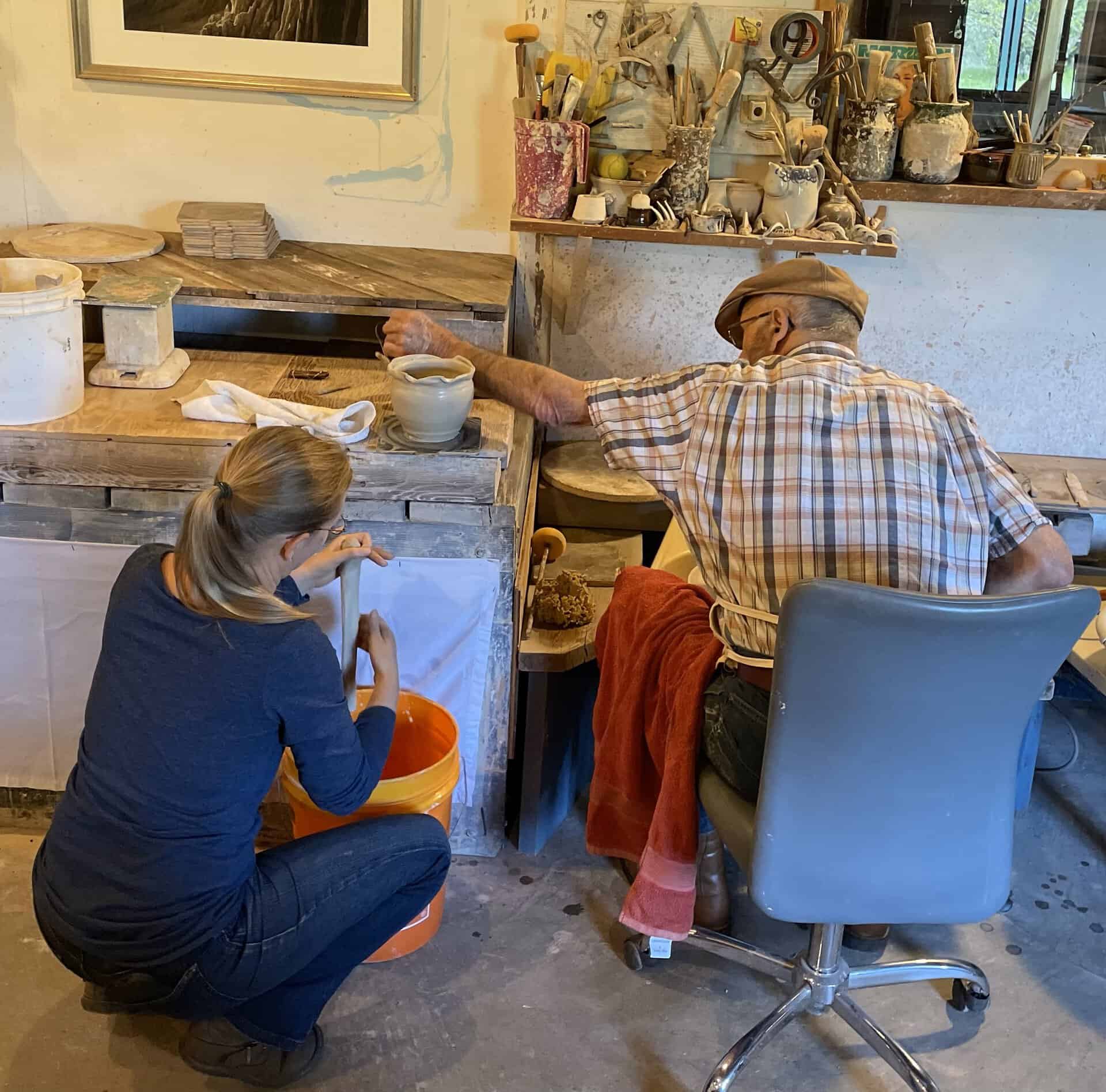
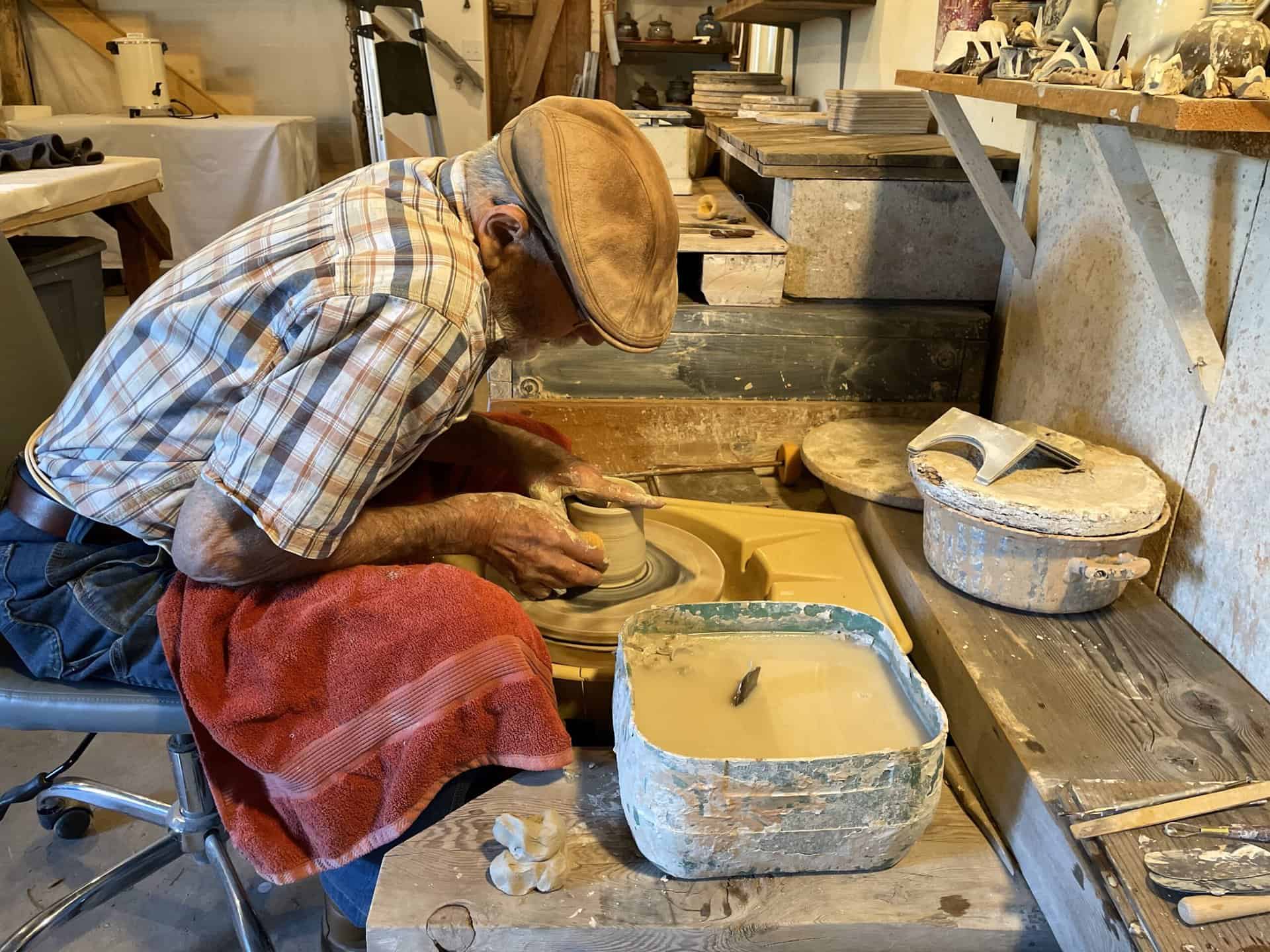
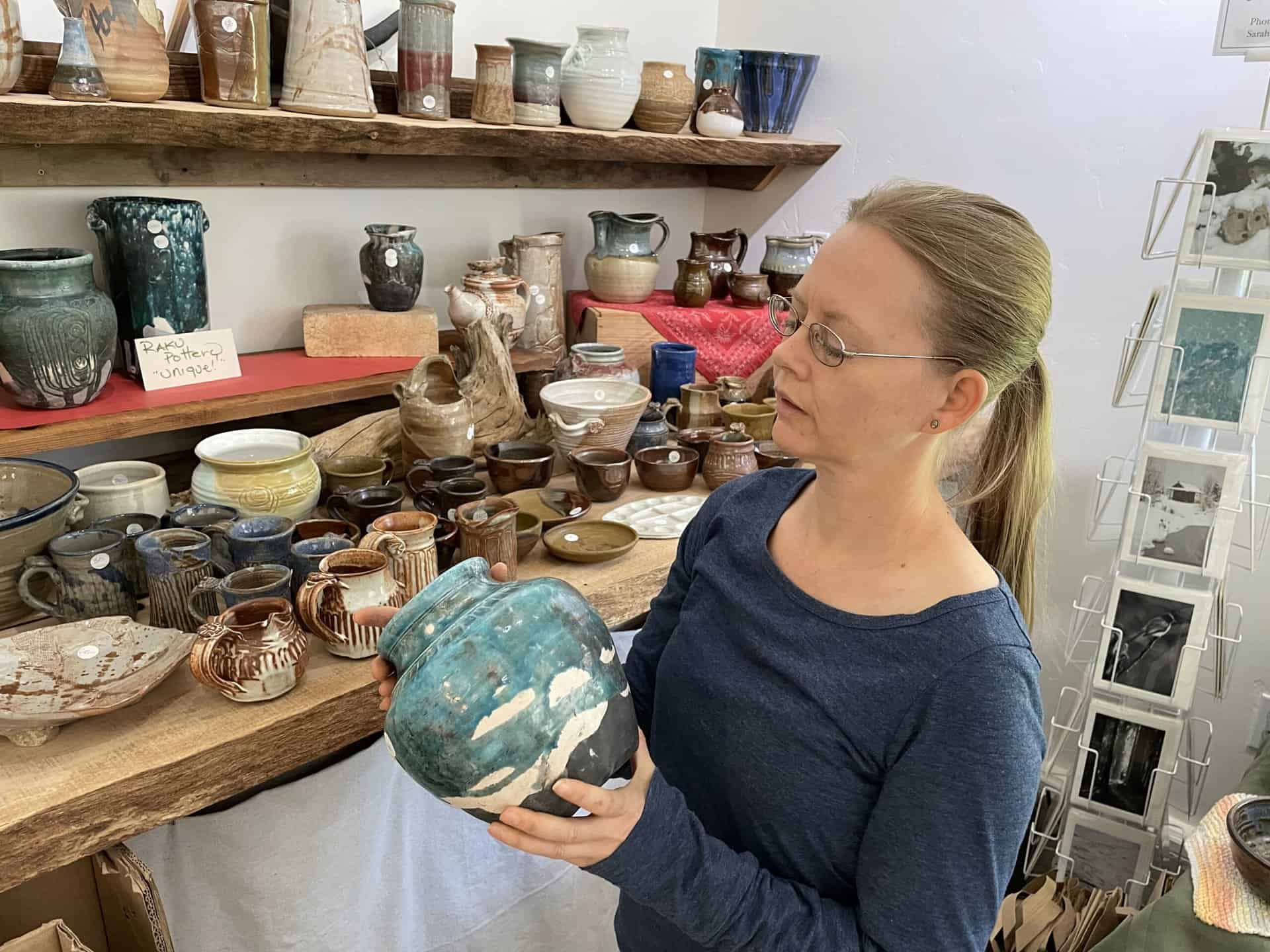
Sarah Murray greeted me, dog in tow, as I arrived on the property for my interview with her and her husband, Brian Hayes. My immediate impression of their property, a rambling, bucolic homestead in the Gold Hill area, was of greenery—vibrant, abundant, almost glowing in the early Spring sunshine. The air grew textured with woodsmoke and a faint haze of clay dust as we entered their cabin-like studio. Brian was seated at his pottery wheel, framed by a backdrop of charmingly curated clutter: pieces in various stages of completion, pottery paraphernalia tucked away in every corner and cranny, a collage of pictures, posters, and paintings on the walls, all tied together by curios placed here and there.
Brian and Sarah, who married in 2007, are both accomplished potters. Brian has trained under master potters in Europe and Japan and has perfected his craft over decades. He has also instructed and encouraged countless young potters, fashioning for himself in the process an almost legendary status in El Dorado County’s artistic community. Sarah Murray is a potter, photographer, frame-maker, and more: “I collect jobs,” she smiles. They are avid lovers of the outdoors and draw inspiration from activities such as trout fishing—a fact attested to by Sarah’s exquisitely detailed clay trout gracing one wall of the studio. “What do we do besides fishing? Well, right now, we mow,” Sarah laughs. “We have an orchard with fruit—peaches and apples. We have farm animals. We have too many eggs.”
Brian and Sarah see a deep connection between the hands-on, low-tech medium of pottery and the rustic way of life that they have chosen for themselves. “Potters have historically had a connection with the land,” Sarah says. “We are getting further and further away from simplicity in our high-technical culture,” Brian elaborates. “One of the cultural forms that I enjoy is Amish culture and the Amish people. They are self-sufficient and lead a simple life. With our pottery and orchard, it’s self-sustaining. We can make things on a small scale and sell them at a reasonable price in order to continue the process.”
For Sarah, the hands-on nature of pottery also gives her a greater connection to her own labor, rescuing her work from abstraction and making it as solid as fired clay. “I have found that when I do a lot of computer work, I get done at the end of the day and I just think, ‘what did I accomplish?’ It’s very intangible. When you get done in the studio, you have right there in front of you your success and failures. It’s very gratifying to see it.”
Brian’s affinity for simplicity is reflected in his primary artistic aspiration, his creative north star: making pottery that people will find useful. “I do predominantly functional work,” he says. “Everything that I put out for customers I have already made and used myself. That is one of the very ancient forms of pottery—functional, utilitarian work.” Still, figurative elements appear in his pottery, namely a mountain motif, inspired by the Sierra Nevada, that is etched into many of his pieces. Sarah’s more overtly figurative pottery owes a similar debt to our region: “My inspiration is nature—it is mostly the Sierra and the natural realm that we live in.”
“Both of us have roots here,” Sarah explains. Indeed, their respective familial roots are generations deep, spanning Auburn to Tahoe. Through their business, their homestead, and their generous contributions to the artistic ecosystem of El Dorado County, Brian Hayes and Sarah Murray are doing more than putting down roots; they are plucking creative fruit, as they might a peach from their orchard, from the family tree that those roots have nourished.
Before I leave, Brian shapes a large, hollow cylinder; Sarah fashions and affixes a handle, making it a mug; I look on, watching them shape from their native soil, as they would clay on a wheel, a legacy unlike any other.
